Russophobia: a bit of reality and a lot of myths?
Elizaveta Turgeneva | 18 mars 2017
Russi an immigration to Europe has been quite high over decades. France acquired already its fourth wave. According to the Russian embassy, over 200 000 Russian citizens permanently live in Paris only.
an immigration to Europe has been quite high over decades. France acquired already its fourth wave. According to the Russian embassy, over 200 000 Russian citizens permanently live in Paris only.
However, many Russian-speaking blogs and Russian TV programs emphasize that Russians feel less and less welcomed in European countries. France is far from being an exception. According to a poll, about 500 000 Russian families are about to come back to Russia, leaving Germany. Bloomberg underlines the threats that Russian migration might be for the security, of Europe and In a recent article « How Russia is weaponing migration to destabilize Europe » describes the mechanisms used by the Kremlin to disrupt the European Union security.
During the Soviet era Russia had a very negative, unpredictable and fearful image in the West for many reasons. That has produced large number of stereotypes. With the fall of the Soviet Union, and declared will to follow prescribed political development path some of them were left aside. Russians were not mysterious aliens coming from another planet anymore: the number of Russians moving to Europe in the sake of a better life grew tremendously. They had strong will to integrate in the European society knowing there was no way back. Whereas further waves of migration had other demands, and self – conscious, since with the economical rise of Russia, they always held a way back ticket.
Too tired of being bad student
However as soon as Russia chose the other path for the political and social development, the young country image changed: it was not offered a second chance as it was not a beginner anymore. . It has worsened the relation to Russia and Russians. In this regard, old stereotypes made a comeback. Many Russian analysts see it as the irrational fear of Russians, echoed from Russian “aggressive” behavior on the international stage over the past years.
Nicolas Dupont-Aignan, a French presidential candidate, claimed that Russophobia in France is fired by the media arguing that do not get the same bad treatment
So what do the French fear about Russians?
To what extent is Russian foreign policy responsible for the anti-Russian sentiment?
The answer seems obvious for Eastern Europeans, traditionally accounting a large Russian diaspora: after Georgia and Ukraine, the ghosts and fears of annexation are still around. For Western Europeans, it has a more irrational nature. Russians do not have a robust diaspora in Paris or any other French city, they cannot lobby any political decisions. The fourth wave of Russian migration consists mostly in either small entrepreneurs or students and researchers having at least one or two degrees. They are not seekers of any kind of social help many of them actually create jobs.
The fear of Russia lies in a more immaterial sphere, inherited from literature and the romantic image of Russia has conveyed. It has altered the perception of Russian mentality: absence of common sense, irrationality and unpredictability violence. “I cannot forecast to you the action of Russia. It is a riddle wrapped in a mystery inside an enigma” said Winston Churchill, this quote stresses more and more Europeans and European politicians.
Western Europeans also deeply believe in a world ruled by soft power. This view of the sense to be at odds with Russian Foreign policy which keeps defining a very mechiavelic understanding of the world. Russia’s support for Syrian Leader El Asad feels the western anger against Putin’s diplomacy
The devil is not so black as it is painted
When it comes to Russophobia, there is another important actor: the Russian media, which constantly report how Europeans hate Russians. Some Russian media have thus told several stories involving Russian businesses shut down in Europe for no particular reason, or the story of a child kidnapped in Germany and presumably left without any investigation. This flow of news actually makes Russians believe that they are unwelcomed and blamed. The European economic sanctions do not help reverse this feelings.
Obviously, nobody knows to what extent Russophobia is made up by Russian media, or whether it is a matter of factsor in which portions both are mixed. What is sureis that Russophobia, and talks about it, evoke one more essential issue: to which extent one is responsible for the policy and in particular international policy their home country and how far stereotypes can come.

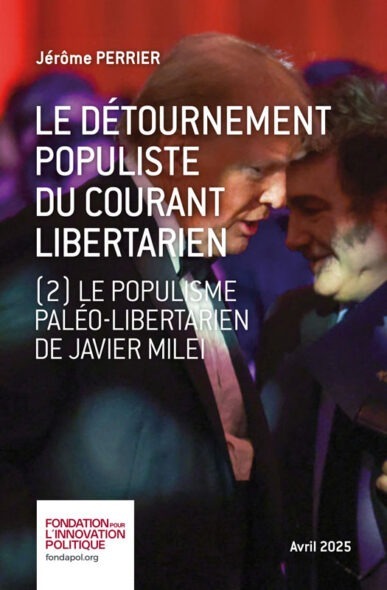
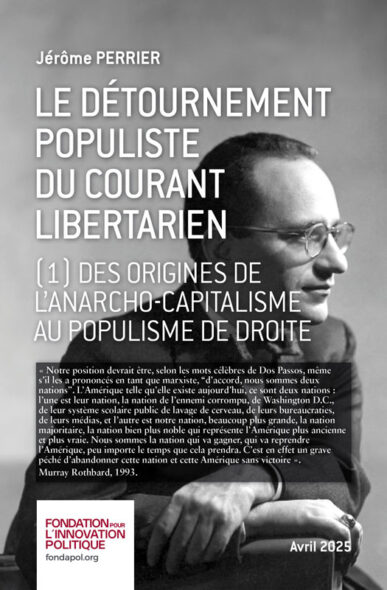
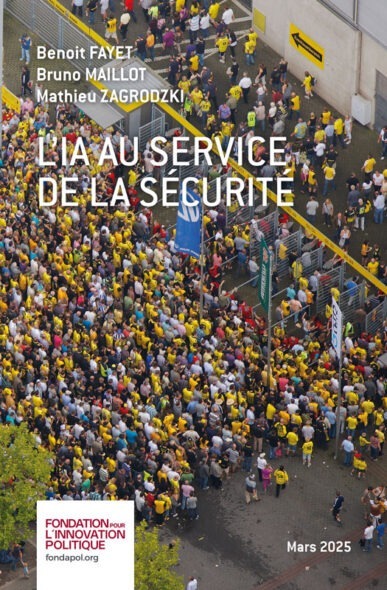
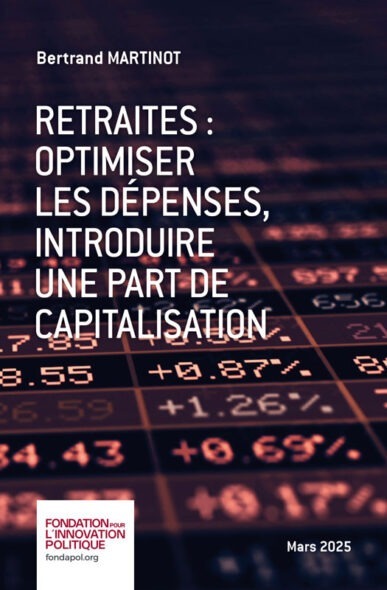
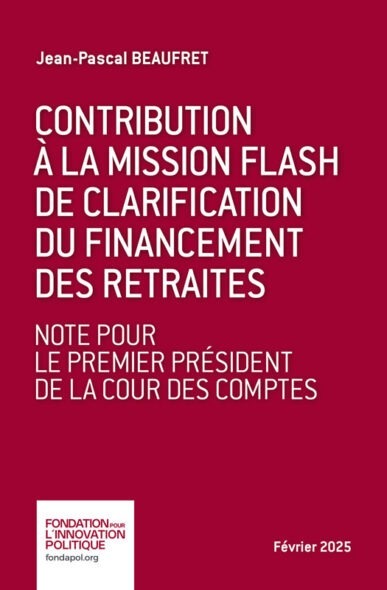
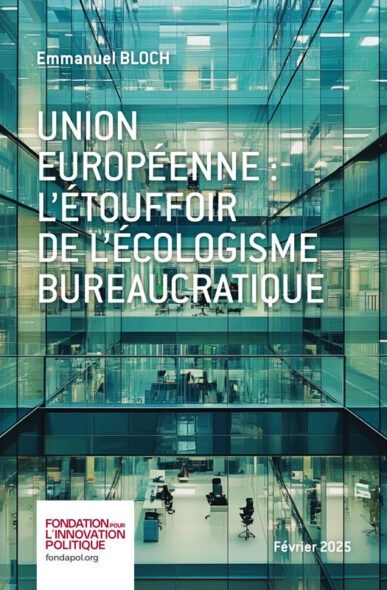
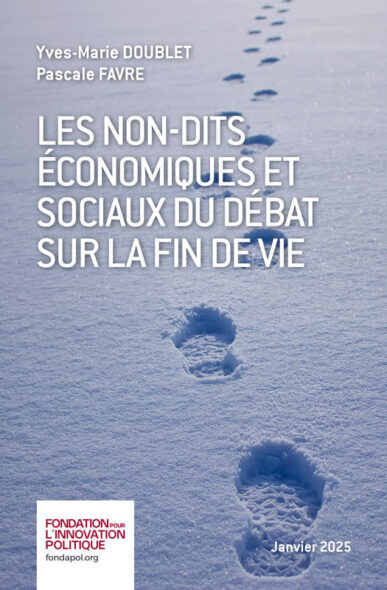
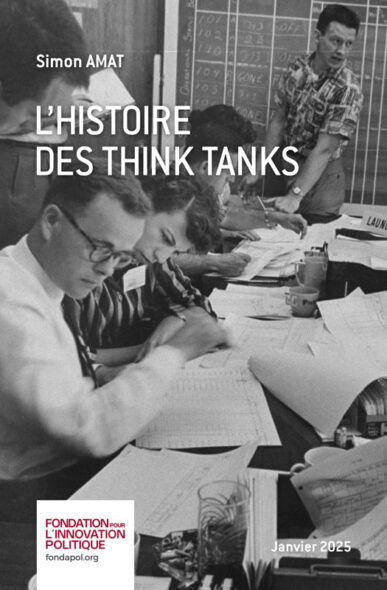
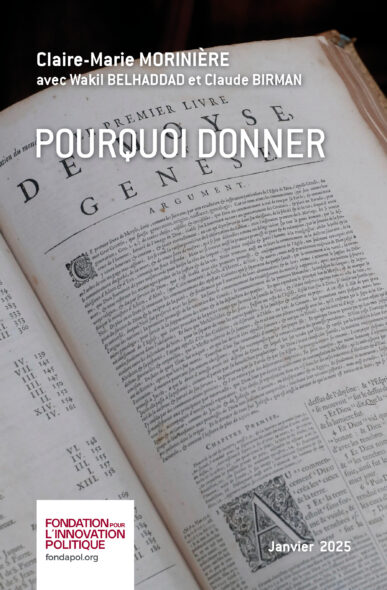
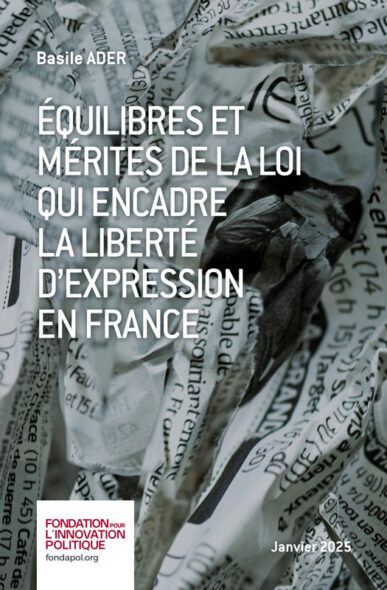
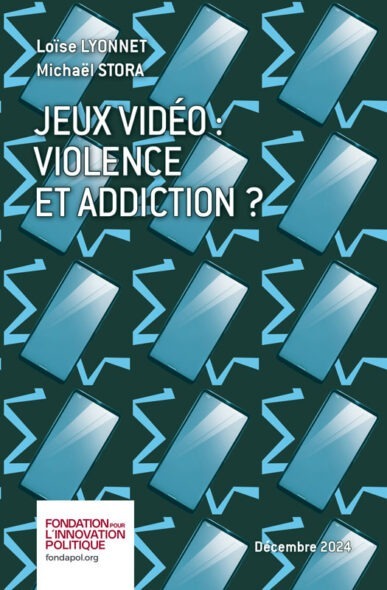
Aucun commentaire.